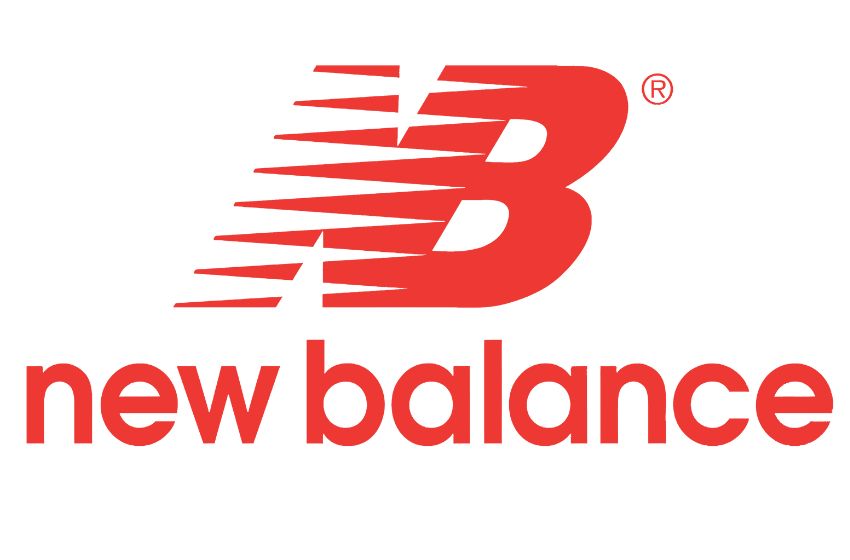
NEW YORK (AP) — On the witness stand last year, Donald Trump proclaimed: “I have a lot of cash.”
After Friday’s eye-popping penalty in his New York civil fraud trial, he’s going to need it — and maybe more.
A judge ordered the former president to fork over $355 million of his fortune, plus interest, finding he lied for years about his wealth on financial statements he used to secure loans and make deals as he built the real estate empire that vaulted him to fame and the presidency.
“The frauds found here leap off the page and shock the conscience,” Judge Arthur Engoron wrote in a 92-page decision that spares Trump’s company from closure, but forces it into years of court supervision, among other sanctions.
The ruling, after a 2½-month trial in New York Attorney General Letitia James' lawsuit cuts to the core of Trump’s image as a wealthy, shrewd real estate mogul turned political force.
The financial penalty — staggering even for a businessman who’s seen casinos, an airline and other ventures fail — adds to Trump's mounting legal debts and could put the Republican presidential front-runner in a serious cash crunch as he campaigns to retake the White House.
Trump, who's also dealing with four criminal cases, decried Friday's ruling as “election inference” and has vowed to appeal.
Engoron ruled that Trump engaged in a yearslong conspiracy with top executives at his company, the Trump Organization, to deceive banks and insurers about the size of his wealth and the true value of such properties as Trump Tower in Manhattan and his Mar-a-Lago club in Florida.
Engoron, who ruled before the trial that Trump and his co-defendants committed fraud with his financial statements, found Trump liable on five of the six remaining claims in James’ lawsuit: falsifying business records, issuing false financial statements, conspiracy to commit insurance fraud and conspiracy to falsify business records.
Two former longtime Trump Organization executives, Allen Weisselberg and Jeffrey McConney, were also found liable for insurance fraud.
Engoron decided the case because state law doesn’t allow for juries in this type of lawsuit, which sought what's known as “equitable relief” and has different rules than other cases with big-money penalties. Also, he noted, neither side asked for a jury.
WAIT, HOW MUCH DOES TRUMP OWE?
Trump could ultimately end up owing a half-billion dollars or more as a result of Friday’s verdict.
In addition to the $355 million penalty — payback of what the judge deemed “ill-gotten gains” from his spurious financial statements — Trump is required to pay interest on that amount.
At an annual rate of 9%, as prescribed by New York law, that adds up fast.
James’ office calculates that, to date, Trump owes an additional $98.6 million in interest, bringing his total penalty to $453.5 million. The interest will keep accruing until Trump pays.
In his ruling, Engoron ruled that the interest Trump owes on about half of the total penalty amount, pertaining to loan savings, can be calculated from the start of the investigation in 2019. Some interest on the remaining amount, which pertains to more recent transactions, can be calculated starting in May 2022 or June 2023.
In all, Engoron imposed $363.9 million in penalties on Trump and his co-defendants, including his sons Eric and Donald Trump Jr., or about $464 million with interest, according to James’ office.
Trump maintains that he is worth several billion dollars and testified last year that he had about $400 million in cash, in addition to properties and other investments.
WHY DOES TRUMP OWE SO MUCH?
Engoron found that Trump's phony wealth claims were critical to his success, affording him lower loan interest rates and allowing him to build projects he wouldn't have otherwise been able to finish. The judge determined that those savings and windfall profits were “ill-gotten gains” and ordered him and his co-defendants to cough them up to the state, with interest.
Trump, both individually and as the owner of various corporate entities, must pay:
— $168 million, plus interest, in savings on loans he obtained using his inflated financial statements for a golf resort near Miami, a Chicago hotel and condominium tower, a Washington, D.C. hotel and a Manhattan office building. Trump obtained three of the loans through Deutsche Bank’s private wealth management unit, which offered lower interest rates than its commercial real estate division, and used his financial statements to show the bank he was wealthy and a good credit risk.
— $126.8 million, plus interest, in profit from selling the Trump International Hotel in Washington in May 2022 to a company that now operates it as a Waldorf Astoria. Trump used $170 million of the $375 million to pay off a loan on the property. Other proceeds went to his children.
— $60 million, plus interest, from selling the rights to manage a New York City golf course in June 2023. Engoron noted in his ruling that the buyer, Bally's Corporation, stands to pay Trump an additional $115 million if it obtains a casino license for the property. However, he did not say if he would require Trump to give up that money, too.
Trump's sons, Eric and Donald Jr., must each pay a little over $4 million, plus interest, to the state for their shares of the Washington hotel sales. Weisselberg, the former Trump Organization finance chief, was ordered to pay $1 million — half of the $2 million severance he’s receiving.
WHAT DO TRUMP AND HIS LAWYERS SAY?
Trump called the decision “weaponization against a political opponent” and complained that he was being penalized for “having built a perfect company, great cash, great buildings, great everything.”









